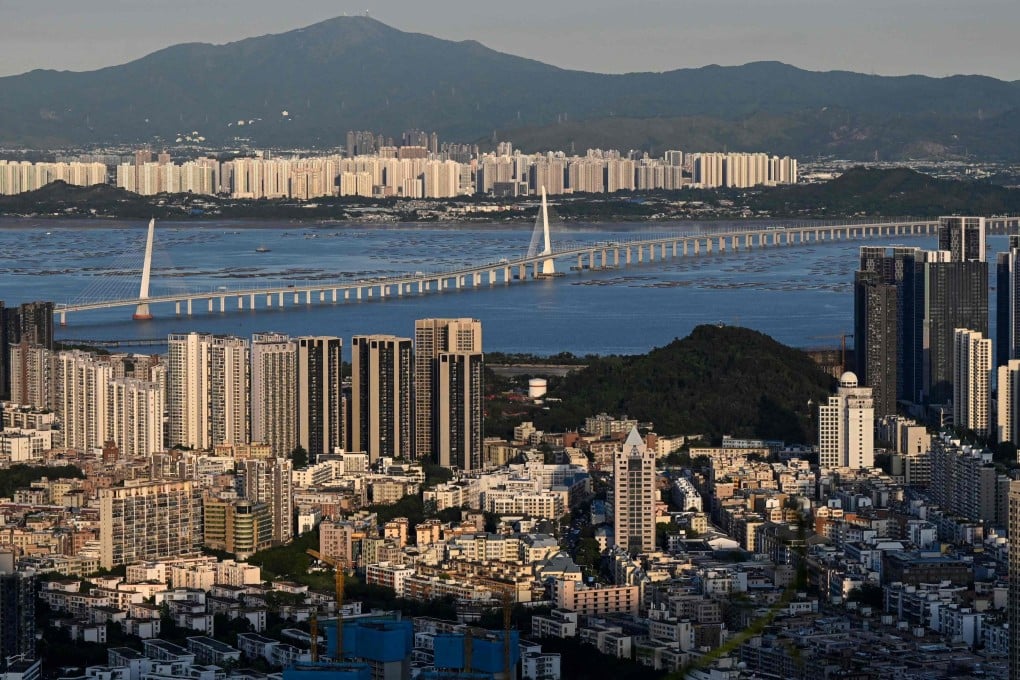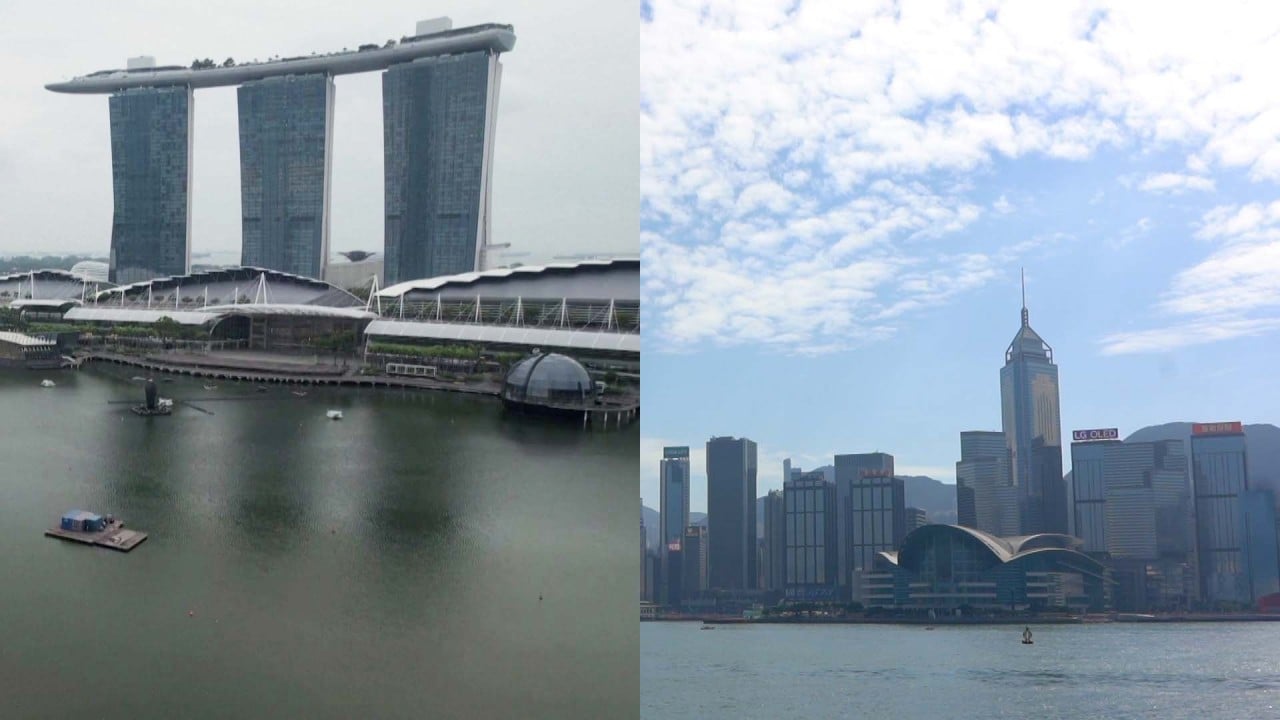Advertisement
Opinion | How great cities like Hong Kong, Shenzhen and Singapore can save globalisation
- As states are increasingly divided into competing blocs, cities rise as hubs that hold together the unravelling fabric of a deglobalising world
- Cities’ ability to build and extend new connections will be crucial, and the Greater Bay Area is fertile ground for Hong Kong to do just that
Reading Time:3 minutes
Why you can trust SCMP
8

A rivalry of cities is raging in East Asia. As Hong Kong was bogged down by the debate on its quarantine policy, Singapore was seen as overtaking its rival as the region’s leading global financial centre by actively attracting businesses, capital and talent that had lost confidence in Hong Kong.
Advertisement
In the meantime, across Hong Kong’s northern border, the Shenzhen municipal government has pledged to develop the city into an international centre of financial technology by 2025. In the face of these challenges, the Hong Kong government secured the commitment of the world’s leading bankers to attend the city’s financial summit and finally decided to lift compulsory hotel quarantine.
While many in Hong Kong worry that the city is losing its advantage, the competition between cities demonstrates their resilience. At a time when the state-based global governance architecture has been paralysed by Russia’s invasion of Ukraine, the Covid-19 pandemic and the rise of populism, how cities will navigate the ever-changing geopolitical landscape is an important and fascinating question.
As states are increasingly divided into competing blocs, metropolises situated along ideological and geopolitical fault lines will re-emerge and rise as hubs that will hold together the unravelling fabric of a deglobalising world.
As hubs of commerce, finance, talent and ideas, global cities nurture and uphold liberal international values. In 2017, for example, when US president Donald Trump announced his country’s withdrawal from the 2015 Paris Agreement, New York City and California formed America’s Pledge, an alliance of states and cities across the country that were committed to supporting the climate agreement.
The growing importance of cities in global governance led to the establishment of the Global Smart Cities Alliance during Japan’s presidency of the Group of 20 in 2019. While states continue to erect different forms of barriers, global cities – with their high connectivity, open economy, cultural diversity and innovation capacity – will become the major drivers of a more decentralised globalisation in the future.

Advertisement


